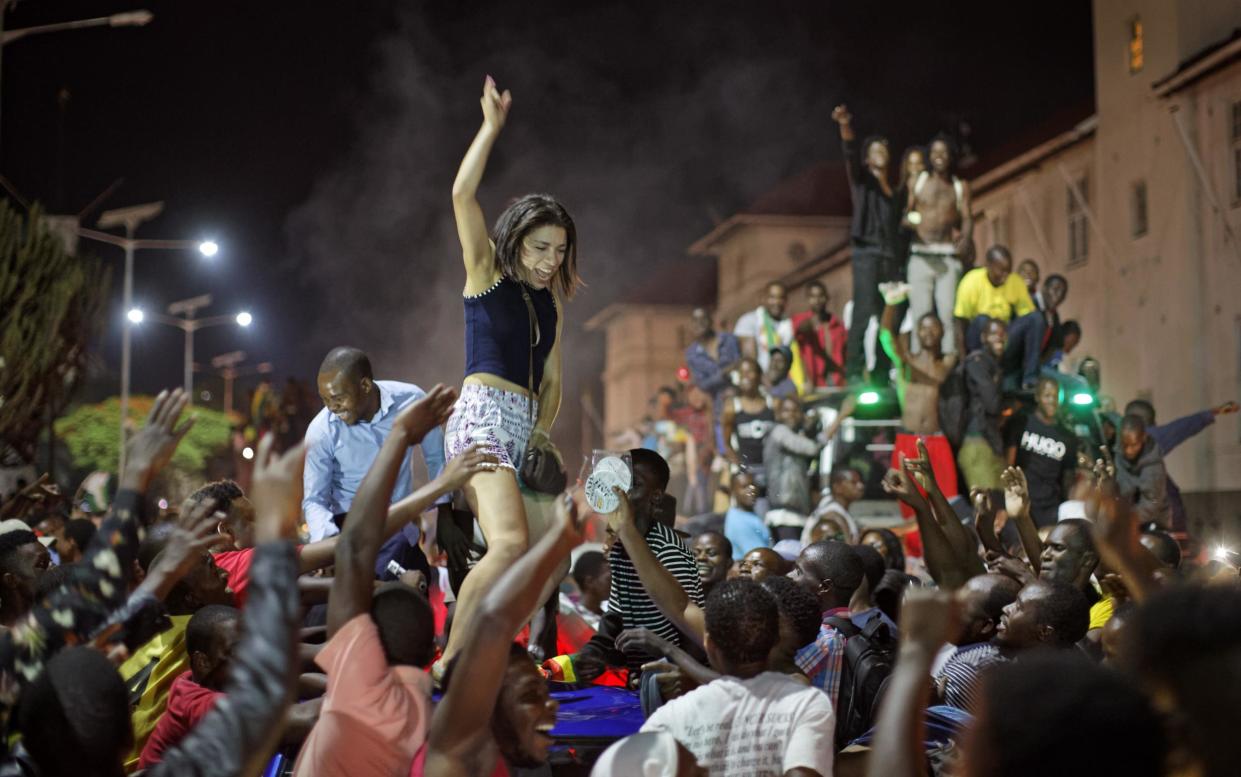Zimbabweans now need to cross crocodile-infested waters

The crocodile lies submerged in the water, eyes hooded, waiting to strike. When he senses the moment is right, he moves with brutal speed. That is exactly what Emmerson Mnangagwa, the man behind the transfer of power in Zimbabwe, has done. Robert Mugabe has gone, brought down by the former vice-president nicknamed “The Crocodile”. The nation erupted in celebration, and today it is in recovery — but the recovery from
37 years of oppression will take much longer. Those who didn’t eat yesterday won’t necessarily have a meal today, yet the citizens of the country hope that a new government will stabilise the economy, restore dialogue with the West and begin to improve circumstances for the nation of 16 million people.
Many believe optimism is misplaced. Mnangagwa was by Mugabe’s side throughout his savage rule and is complicit in the abuses visited on the country. He presided over the Matabeleland massacres of the Eighties and the ruthless torture and murder of many who opposed the ruling ZANU-PF party. He has personally enriched himself through the wholesale looting of national assets and is said to be Zimbabwe’s biggest gold trader. With close ties to the army, who helped him to remove Mugabe, Mnangagwa is a clever man, a strategiser who trained as a barrister after joining the liberation struggle against colonial rule when a teenager. He has occupied many positions in government, and will now take up the mantle of president — at least until new elections can be held. He leads a party that until two weeks ago appeared to support Mugabe unconditionally, and the fear is that the entrenched attitudes of ZANU-PF will not change.
But Mnangagwa is aware that the eyes of the world are on him. He has a grace period to show the international community that Zimbabwe is open for business. The country’s partners, in return for helping to stabilise the economy through aid and investment, will want to see electoral reform and democratic change. It is key that the army step back and a government representing a broad sweep of players is quickly put in place.
The scars inflicted on the people are generational, and huge sacrifices have been made to achieve democracy. Whether that has actually happened or not is still a matter for debate. It may be that one dictator has been swapped for another. But there is no way that the newly discovered people power can be reined back. Zimbabweans have tasted freedom — a second liberation after Independence in 1980 — and it is extremely unlikely that they will allow themselves to be oppressed again. They swim in crocodile-infested waters but they are determined to reach the other side.

 Yahoo News
Yahoo News 
